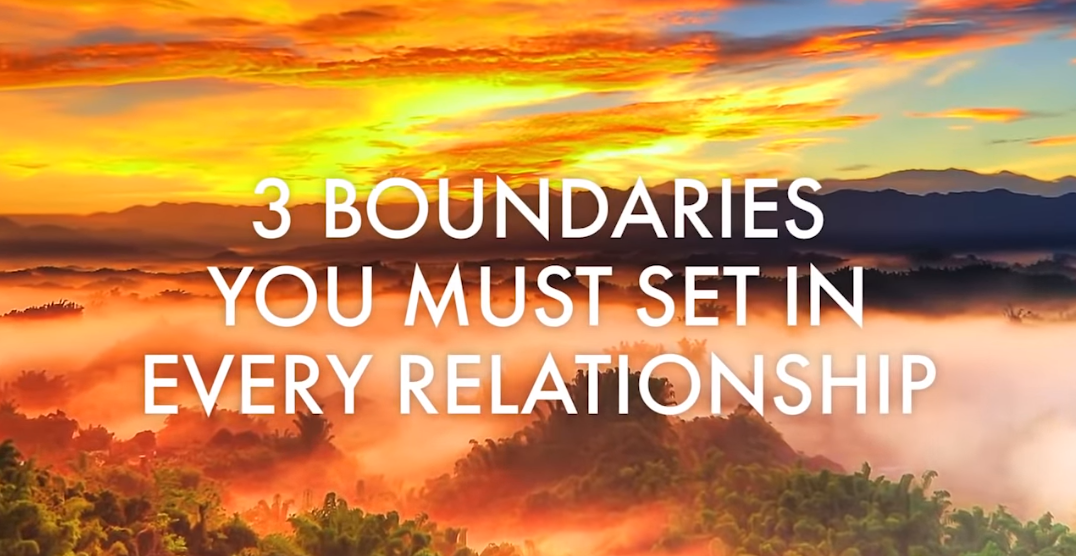Understanding Obsessive Compulsive Disorder
All,
All,

Hello friends,
The first line of our shared article for this week sums up the oft-experienced frustration perfectly:
One of the hardest things for me in the aftermath of a conflict is getting out of my head and accepting that what happened, happened.
Why can’t we just summon up a little bit of Elsa magic and “let it go”? Why do we keep playing and replaying the situation in our minds, analyzing every word we said or should have said, even though there’s nothing to do about any of it?
In this week’s discussion we’ll talk through three practical strategies to reduce these “negative ruminations.” We’ll also watch a very brief video on ways to set better boundaries, which as you’ll see in the article is central to reducing the number of times we find ourselves in the types of conflict that lead to negative ruminations
Our warm-up question for this week:
Which Disney princesses are your most and least favorite? Yes, you read that right.
See you soon,
Alex
Hello friends,
Whether you call it “overwhelmed” or “anxious,” we all know what it feels like: your mind becomes preoccupied with worrying thoughts, you probably tense up a bit, minutes begin to feel like hours, and so on. It’s not a pleasant state, but it’s also a normal part of the human experience. Of course there’s also a point at which these feelings become so persistent and intense that we classify it as a form of mental illness.
So how can we respond in healthy, effective ways when we feel overwhelmed? And what should we not do? In our conversation this week we’ll go through “5 Mistakes We Make When We’re Overwhelmed,” which also gives us insight into what we can do instead to prevent overwhelming feelings from not becoming so…overwhelming.
We’ll also watch a brief personal testimony from Florence Mukangenzi, a medical student who describes in wonderful clarity how she has developed strategies and tactics to manage her chronic anxiety.
Our warm-up question for this week:
What activities allow your mind to wander in healthy ways?
See you soon,
Alex